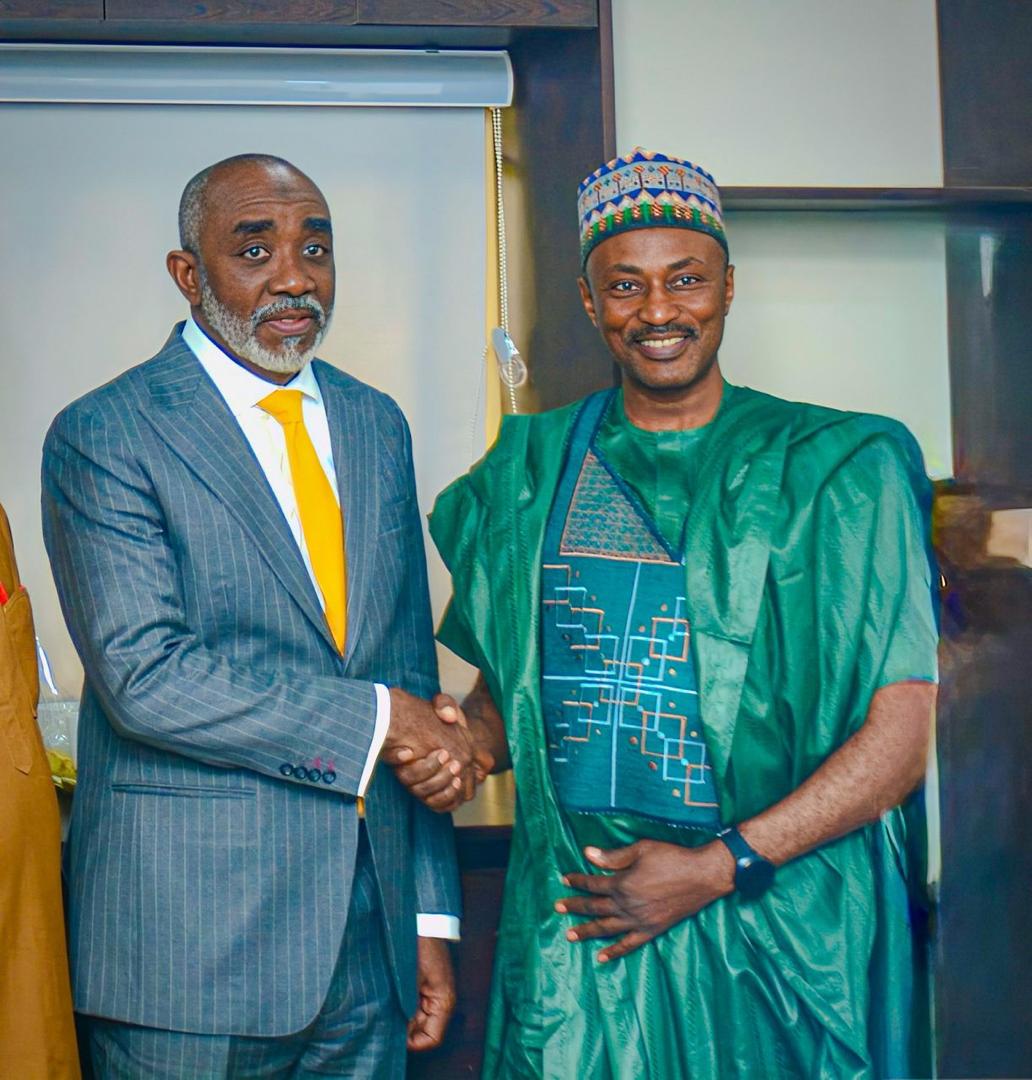The executive secretary of the National Sugar Development Council (NSDC), Mr. Kamar Bakrin, has called on Nigerian farmers and private investors to urgently tap into the country’s over $2 billion sugar market, describing it as one of the most profitable and underutilised value chains in the agro-industrial sector.
Bakrin, who made this call during a courtesy visit by the leadership of the All Farmers Association of Nigeria (AFAN) to his office in Abuja, said the country’s high sugar consumption, foreign exchange challenges, and the African sugar deficit present a compelling economic opportunity for local investors to expand into sugar production.
“This is the right time to invest,” Bakrin declared. “The Nigerian sugar market is currently valued at over $2 billion. That of Africa stands at $7 billion, and the continental deficit is projected to rise to 13 million metric tonnes by 2030 due to rising demand and weak local supply. The market for sugar by-products is worth another $10 billion.”
He said the Council has identified 150,000 hectares of viable land across secure regions with access to water and supportive host communities for immediate investment. These areas are targeted under the Council’s commercial outgrower initiative, which aims to put 50,000 hectares of land under cane cultivation and attract commercial farmers with holdings of 50 to 200 hectares near major sugar estates in Numan, Bacita, Sunti, and Lafiagi.
Bakrin also outlined a robust support package under the Nigeria Sugar Master Plan Phase II (NSMP II), including access to the Nigeria Sugar Industry Development Fund (NSIDF); import duty waivers for machinery; five-year tax holidays; 30% tax credits for infrastructure development; input supply and seedling support; land clearing facilitation; technical assistance through the Nigerian Sugar Institute; and guaranteed offtake by licensed sugar processors.
“It is now very, very valuable to produce sugar in Nigeria. It wasn’t always the case, but it is the case now,” he said, noting that global supply disruptions and FX volatility have made local production more competitive.
He added that sugarcane offers significant potential for value-added manufacturing, including ethanol, bioplastics, bioelectricity, biogas, and animal feed, making it a strong driver of rural industrialisation and energy diversification.
Bakrin noted that despite having 19 sugar-producing countries, Africa remains a net sugar importer. With the African Continental Free Trade Area (AfCFTA) creating new regional market access, he said Nigeria is well-positioned to become the continent’s cost leader in sugar production.
“This is not just an investment opportunity; it’s a national development imperative. We are not just inviting investors—we are providing the tools, capital, and partnerships to ensure they succeed,” he said.
AFAN president, Dr. Faruk Rabiu Mudi, pledged to mobilise the association’s members to participate in the sugar development initiative, saying Nigeria must close its production gap and achieve sugar self-sufficiency through collective effort





